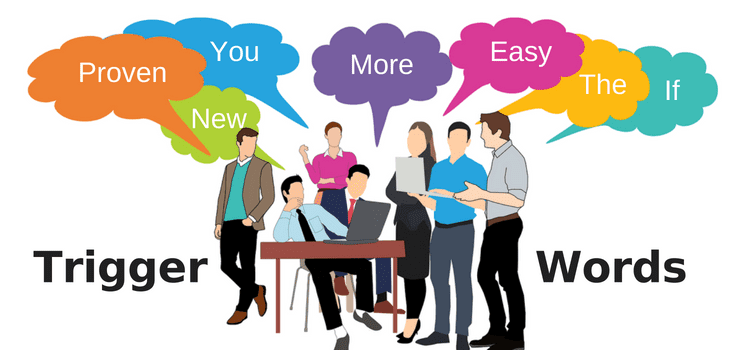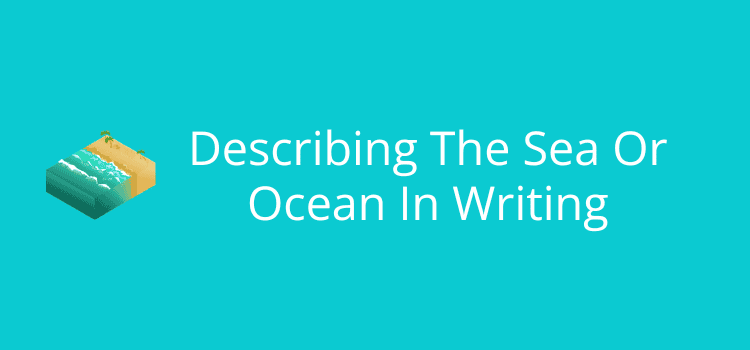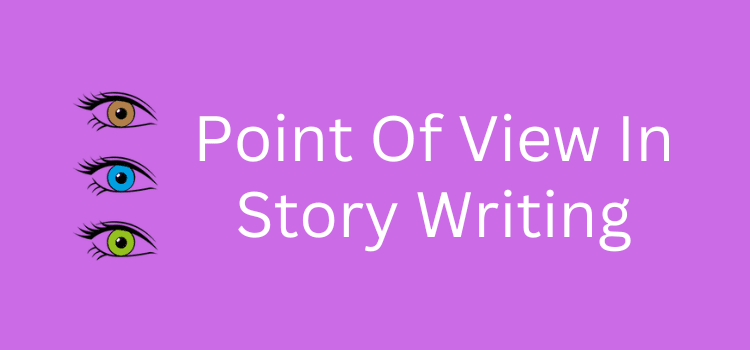
Trigger words, emotive words, or power words all mean the same thing. They are words that attract attention.
By whatever term, it’s an old marketing tool to use phrases and words in your writing that produce an emotional response.
You can almost imagine a stonemason in biblical times with an advertising stone outside his door saying, “Buy nine tablets, get one free” or “Your last chance to save on headstones.”
Nothing much has changed, even with the enormous advances in technology.
Trigger words are emotive
From the chisel and stone tablets to the Internet, people are still emotive and react to certain powerful words and phrases more than others.
Trigger words in content writing should not be confused with clickbait.
Most of these powerful words work because they are short, simple, everyday words that you can include in a headline, article title, or body text to add appeal.
They are also highly effective in email subject lines.
Clickbait, on the other hand, is a phrase intended to attract and lure people by leveraging curiosity.
However, these titles rarely have relevance to the content and are commonly used in email scams, phishing, and hard-sell marketing.
They usually have an information gap.
This means that the title has little or no relevance to the content.
For blog posts, articles, and content writing, search engines are very good at differentiating between the two.
But trigger words are a different matter altogether.
The difference between “Um, yeah, okay” and “Oh, wow, this looks interesting.”
Whether it is an article on a blog, a sales page, or a social media post, certain words and word combinations can produce a highly effective emotional trigger.
The most obvious trigger word is free. There is no need to conduct an expensive case study to prove that adding the word free to any product or noun creates immediate interest.
Free is used so much, especially in email marketing, that I have not included it in my list of power words below.
But it is interesting to note that when free is used as an adjective to mean to act as one wishes or not under the control of another, it loses its effectiveness.
It is when free is used as an adjective or adverb to mean without cost or payment that it has emotive marketing power.
Weak: Advice on how to improve old articles.
Fantastic: Free advice on how you can improve your old articles right now.
Trigger words attract attention
You might be a great writer. But when you create content, you want people to read it.
Attracting readers and Google’s crawlers is not always guaranteed just because you write a brilliant 2,000-word article.
If you have a weak title or the first few sentences don’t get directly to the point, it will result in a poor Google SERP. (Search Engine Ranking Position)
A little re-writing can often make all the difference between an average post and a great post.
But pay attention and make sure you do a full grammar check when you edit or add to your existing content. It’s so easy for typos to happen when you edit too quickly.
You might only need to add a couple of basic trigger words to your 2,000-word article because they can really help you improve your interest factor.
Nine of the most powerful trigger words
I could produce a great list of words with hundreds of emotive terms used in writing and content marketing today.
Many marketers use them with a call to action or to appeal to a specific target market.
But that would make for simply repeating a long list of words that you can find elsewhere.
Instead, I can recommend my favorite nine words because they can help you make your headlines and content more compelling without much effort.
The examples below will show you how easy it is.
1. You
Without a doubt, you is the most powerful word on my list. Your is almost as powerful.
You can use it in your headlines, blog titles, and your text. All you need to do is keep thinking you are helping someone.
If you get into the habit of writing in the second person, you will find that your writing will find more readers.
Using you means that you are engaging your readers by talking to them directly, almost one-to-one.
If you write for you, you, you and not me, me, me, or I, I, I, you will notice a difference very quickly.
Weak: My 20 ways to write better
Fantastic: 20 Ways you can make your writing the best
2. The
Never use ‘a’ or ‘an’ or ‘one’ when you can use the.
The is definitive and is not promoting a range of possibilities.
The clarifies thinking and avoids confusion.
It is always used with the superlative, so it is natural to write the best, the worst, or the happiest.
But you can use the to express that there is no better alternative or solution.
Weak: Here is one way you can improve your writing
Fantastic: Here is the way to improve your writing
3. Easy
No one wants anything that is difficult. It is as easy as that.
Never express difficulty, as it is an immediate turnoff.
Give people easy ideas and options.
Weak: 10 Solutions for grammar problems
Fantastic: 10 Easy ways you can fix your grammar
4. Simple
It is a temptation to combine easy and simple. 10 easy and simple ways to use power words.
But sometimes, too much of a good thing is just too much.
Use only one, and choose the best one depending on your context.
Poor: How to avoid using the passive voice
Fantastic: Simple ways to change the passive voice to make it active
5. More
Everyone wants more.
It is a simple word that has a strong emotional appeal.
All you need to do is add it where you want to express further or better or that something is not yet completed or finished.
You can also use it to indicate expectation, as in, but wait; there is more to come.
More can also be used to extend the value of an existing article that is getting good traffic by writing a follow-up post. Five more reasons to buy an iPhone.
Weak: How to increase your book sales
Fantastic: How you can get more book sales
6. New
An oldie but a goodie.
Who reacts to words related to old ideas and remedies?
Anything that is new has much more appeal.
If you are writing articles and content, you are producing something that is totally new, so there is no reason to stop you from saying so.
Weak: 5 Ideas for house training your puppy
Fantastic: Five new ideas for house training your new puppy
7. Proven
This word is a bit gimmicky but used in moderation; it has been proven to be successful when validating a premise or argument.
I don’t use it very much at all, but when it is appropriate, it can help you create a sense of validated proof if you use it as an adjective and not a verb.
Weak: Useful ways you can use compost in your garden.
Fantastic: Proven practices for using compost in your garden
8. If
You can only use if in a conditional phrase.
But conditional grammar structures can make for very long headlines and titles.
On top of that, conditionals can express vague ideas of a wish or dream, a possible future outcome, or a hypothetical past.
The best way you can use if is in the zero conditional forms because it says that something is always true.
Compare: If I could write better, I would get more readers. It is a wish, hope, or dream.
With: If you write better, you get more readers. It is always going to happen.
Using a zero conditional is a great way to tell people what the result will be and not what it could or would be.
Weak: What would you do if you wrote a bestselling novel?
Fantastic: If you write a bestselling novel, what do you do?
9. Imagine
When you use the word imagine, it solves the problem with the word if in long conditionals.
If you want to express a dream, wish, or hope, imagine is quick and immediately connects with people’s imagination.
Used sparingly, it can have a positive effect on articles that relate to holidays, retirement, or investing, for example.
Weak: Have you thought about going to Fiji for your next holiday?
Fantastic: Imagine lying on a beach in Fiji for your next holiday.
Summary
This is certainly not a definitive list of the best trigger words to use in your writing.
There are many that I could have included, such as secret, superb, instant, convert, or never to name just a few.
But my nine simple trigger words are ones that you can use for almost any type of blog post or article.
They are not at all restricted to content marketing articles.
You can test the words by using a headline analyzer, or if you have access, use your SEO keyword analysis tools.
The best thing about these nine simple words is that you can use them immediately in your new articles and blog posts.
But you can also improve your old posts without much effort at all. It doesn’t take a long time to add one word.
It is the easy and proven way you can get more traffic to your blog.
Imagine the difference it will make to your blog traffic and social media shares.
Related reading: What Are Stop Words And How To Avoid Using Them




It’s often the little things which mean a lot! Thank you.
Excellent article!
Great comparison examples to learn from!